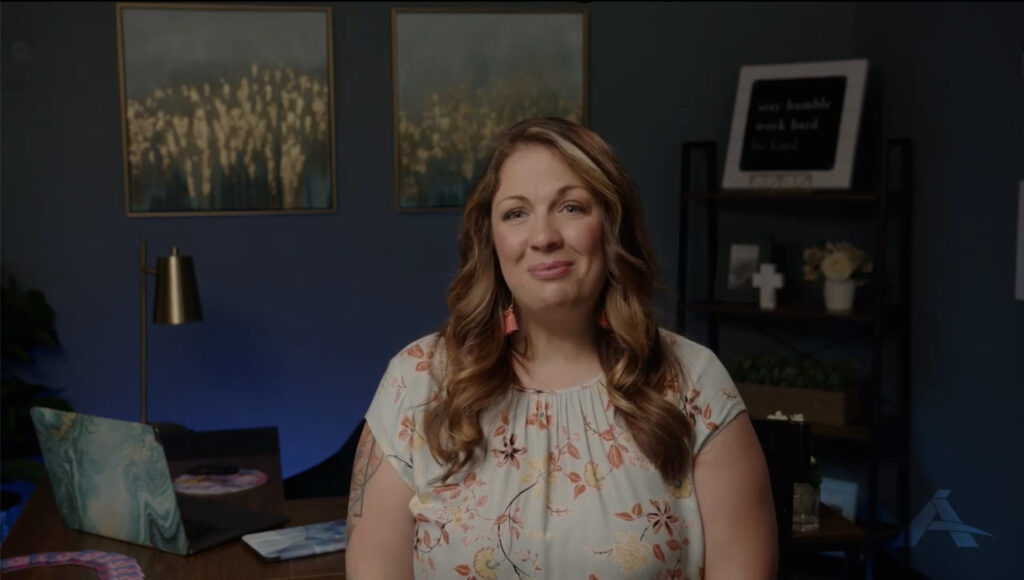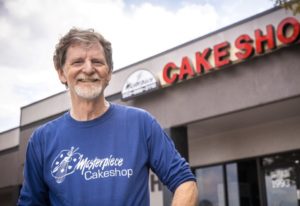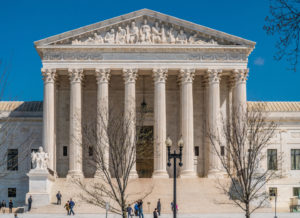Supreme Court: Government can’t compel Christian web designer to create sites that violate her faith
In a landmark case for First Amendment rights, the U.S. Supreme Court Friday ruled a Christian website designer cannot be forced by government to create sites for same-sex weddings that violate her…

In a landmark case for First Amendment rights, the U.S. Supreme Court Friday ruled a Christian website designer cannot be forced by government to create sites for same-sex weddings that violate her religious views.
Colorado artist Lorie Smith had asked the high court to intervene after her lawyers noted the U.S. 10th Circuit Court of Appeals had “astonishingly” ruled that the state could actually require her against her will to create sites that deeply and fundamentally violate her religious beliefs.
“Colorado seeks to force an individual to speak in ways that align with its views but defy her conscience about a matter of major significance,” Justice Neil Gorsuch wrote for the majority.
Gorsuch said the case put Smith, and by extension anyone else, in a free-speech vise: “If she wishes to speak, she must either speak as the State demands or face sanctions for expresssing her own beliefs, sanctions that may include compulsory participation in remedial training, filing periodic compliance reports . . . and paying monetary fines.”
“If she wishes to speak, she must either speak as the State demands or face sanctions for expressing her own beliefs, sanctions that may include compulsory participation in remedial training, filing periodic compliance reports . . . and paying monetary fines.”
Perhaps the most persuasive argument in her favor was posed as a question from Justice Brett Kavanaugh during oral arguments last December: If Colorado got its way, he wondered, could a government also compel a staunchly pro-choice book publisher to publish a book making the case against abortion?
In short, would any publisher or artist have free speech rights if forced to express any point of view?
“Under Colorado’s logic,” Gorsuch wrote, “the government may compel anyone who speaks for pay on a given topic to accept all commissions on that same topic — no matter the underlying message — if the topic somehow implicates a customer’s statutorily protected trait. … Taken seriously, that principle would allow the government to force all manner of artists, speechwriters, and others whose services involve speech to speak what they do not believe on pain of penalty.”
Smith had sued the Colorado Civil Rights Division and attorney general under her business name of 303 Creative LLC.



